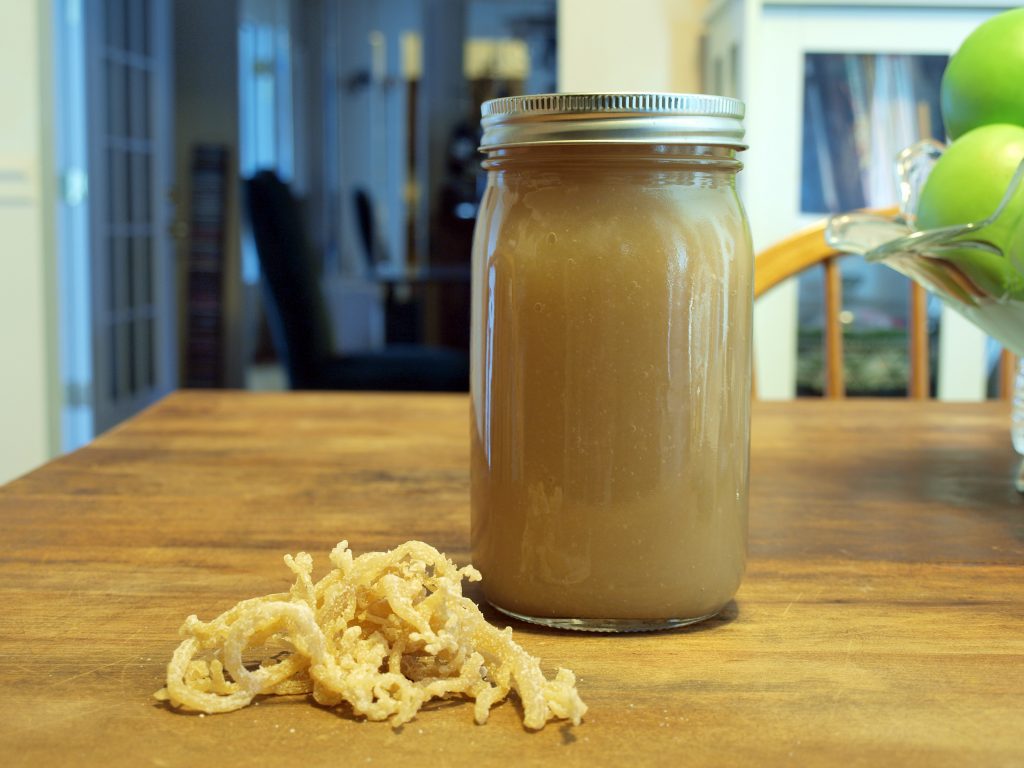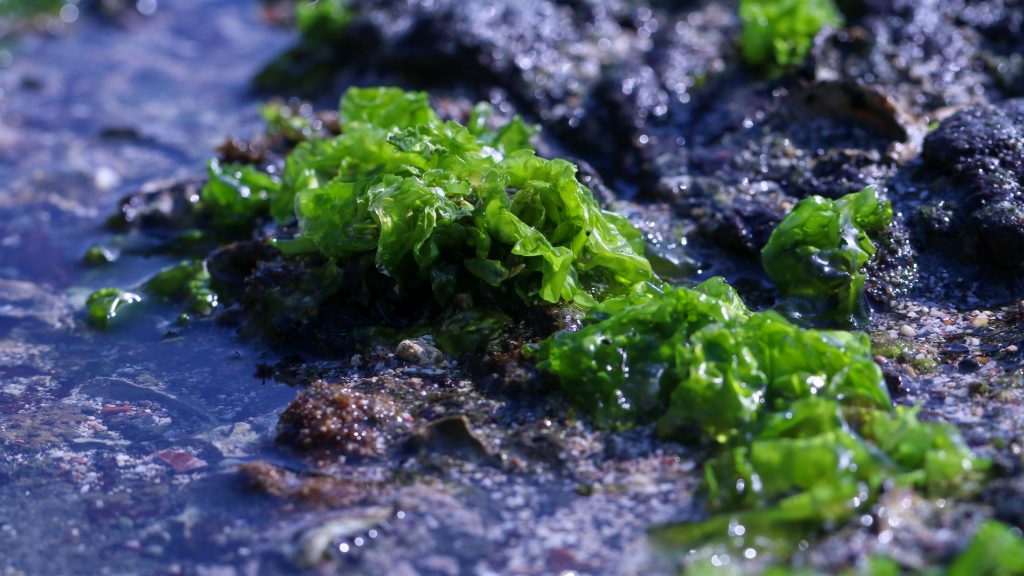Sea moss is a pointy sea vegetable that’s predominantly reaped for use in health supplements and as a thickening ingredient in commercial foods. Sea moss is a type of algae or seaweed which grows in waters along the rocky Atlantic coasts. It’s an edible plant similar to other familiar leafy sea vegetables such as kelp. Growing in a number of colours including green, yellow, purple, red, brown, and black, the most common varieties that grow in the warmer waters are generally red and often called Irish moss.

Nutrients in sea moss
Sea moss is low in calories and fat and contains a small amount of protein. It offers a number of vitamins and minerals. Like many other sea vegetables, sea moss is a naturally good source of iodine, a micronutrient necessary for thyroid health. Additionally, red seaweeds like sea moss are full of antioxidants, helping to protect your cells from disease-causing oxidative harm.
What is sea moss used for?
Many people use sea moss for its health benefits. Many health food stores and online retailers sell sea moss in its raw, dried state which can then be transformed into a gel substance. You can consume this gel directly or add it to food and drinks. Other ways to consume sea moss include mixing the powder into beverages, sprinkling it as a garnish, using it as a face mask or blend into meals.

Benefits of sea moss
Sea moss is a source of many vitamins and minerals, as well as antioxidants to improve overall health. However, its nutritional composition can vary, and taking sea moss in small doses is the best way to see the true benefits.
It is also important to note that there hasn’t been an extended amount of scientific research on sea moss, however over the past few years, many health experts have looked into its benefits and will continue to learn more about this natural ingredient.
Thyroid health
Seaweeds are rich in iodine, a micronutrient necessary for healthy thyroid function. The thyroid needs this mineral to create and operate essential hormones. Without enough iodine, the thyroid may not function properly which could lead to metabolic issues.
Supports gut health
This substance is rich in dietary fibre, much of which is in the form of polysaccharides, a fibre we can’t digest but the bacteria in our gut can. In this way, it acts as a prebiotic or food source. Fuelling the gut bacteria in this way helps create a promising outcome which will also assist with the production of beneficial compounds called short-chain fatty acids.
Improves the immune system
With all the natural minerals and vitamins found in sea moss, these are bound to offer benefits to the immune system. The gut benefits also relate to the immune system. A diet rich in prebiotic, fibre-rich foods such as sea moss may help promote a healthy immune system.
Blood sugar control
Studies suggest that including seaweed as part of a healthy, balanced diet could support blood sugar control and potentially limit the risk of type 2 diabetes. Compounds such as carotenoid and fucoxanthin help to reduce insulin resistance and support better blood sugar management. The high fibre levels in seaweed also help to slow the speed of digestion.
Improves heart health
As sea moss is a form of seaweed, it is considered one of the best plant sources of omega-3 fatty acids, which are essential for the heart and cardiovascular system. Studies suggest that seaweed may enhance cholesterol balance and work as a blood thinner, lowering the risk of heart disease.

Is sea moss for everyone?
Being rich in the mineral iodine, sea moss is especially useful for those following a primarily plant-based diet. However, while the iodine content makes this substance beneficial for thyroid health, consuming too much could have damaging effects. For this reason, professionals recommend sea moss is not eaten more than once a week, especially during pregnancy. You should also seek advice from a professional if you are on any type of medication.